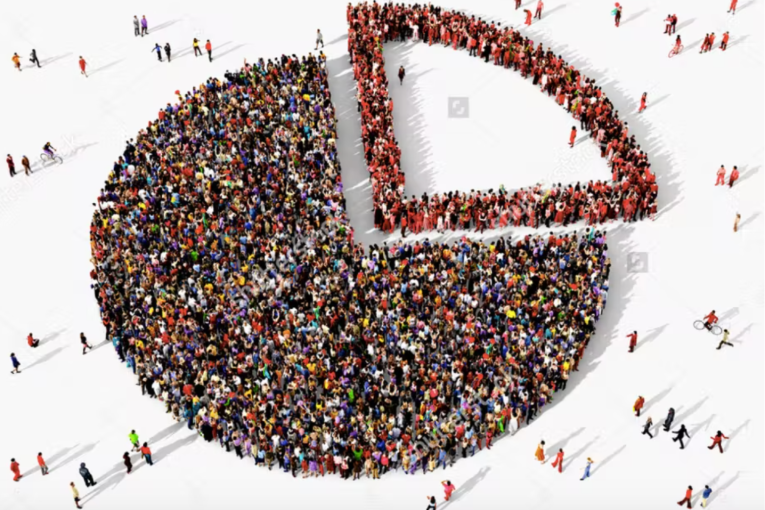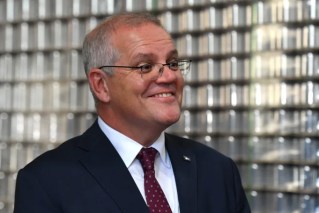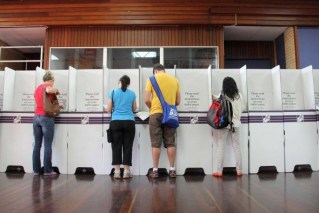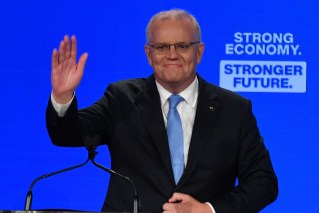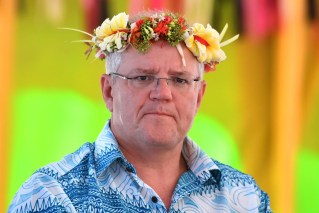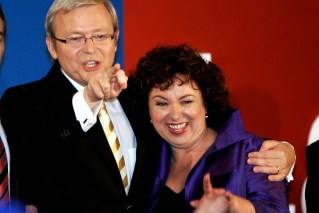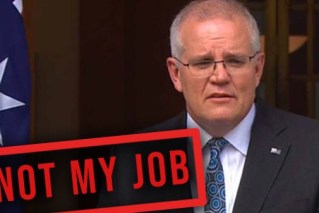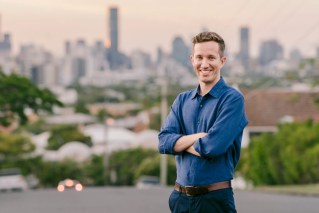Happens to the best of us – campaign gaffes aren’t the end of the world
When Labor’s Anthony Albanese said last week he was going to follow the example of Annastacia Palaszczuk in things political and policy, we hardly knew how serious he was.

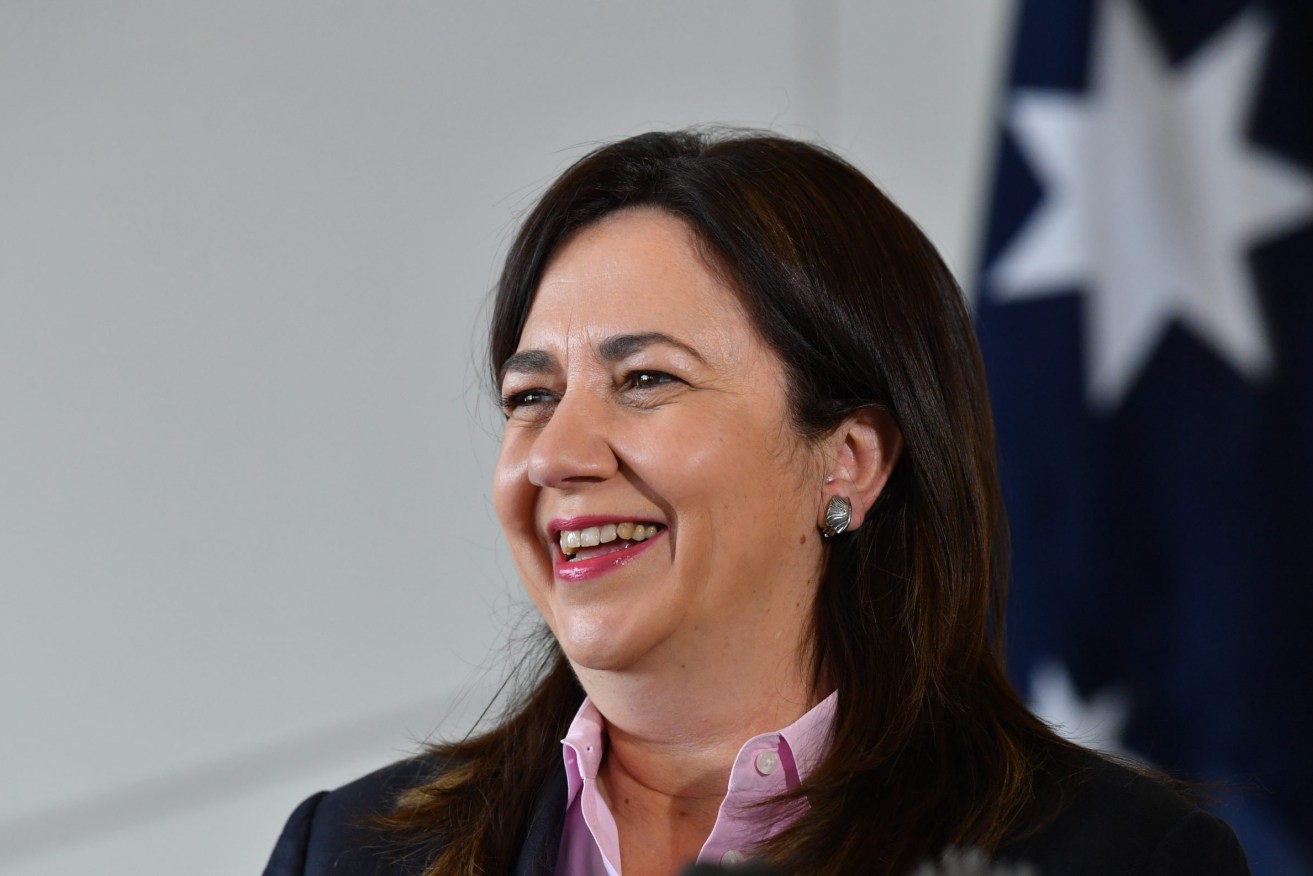
Queensland Premier Annastacia Palaszczuk couldn't remember the GST rate in her first campaign as leader. She never looked back. (AAP Image/Darren England)
His rookie error stumble on Monday – not knowing the RBA interest rate or the national jobless rate – is an echo from a famous Queensland campaign speed bump, dating to the come-from-behind victory of Palaszczuk and Labor in 2015.
Then, Palaszczuk fumbled a radio pop quiz, drawing a blank on the rate of the goods and services tax. This 10 percent impost was set more than two decades ago and is one of the most important federal taxes for any state leader.
You’d think it would be life threatening if not fatal. Also, it happened not at the beginning of that January election campaign against the towering incumbency of Campbell Newman but just two days before Queensland went to the polls.
Instead of derailing Labor’s insurgency against Newman – who came out swinging on the error quickly and hard – it hardly caused a ripple.
Just 48 hours after that widely condemned slip, Palaszczuk and Labor scooped up 34 extra seats and won minority government in one of the biggest electoral turnarounds in Australian history.
Palaszczuk apologised – as Albanese did on Monday. She blamed the brain fade on not having her morning coffee. The public shrugged and moved on.
Now history doesn’t repeat but, as the famous saying goes, it can rhyme.
A national election is a bigger stage with more critical stakes on the table. However, this is a one day event – although it’s one that exposes Albanese’s weakness of not being across detail and an unpreparedness that should worry the Labor campaign.
Maybe people will take this and confirm their doubts about Albanese – the most likely downside for Labor – but by the same token there’s some evidence people are not engaged and might not engage until they walk into the polling booths, when baked-in decisions will be deployed.
We have heard from pollsters for several weeks people are turned off politics. In the words of one of the premier takers of public opinion with top end-of-town corporate clients, Australians regard politics in the same frame as the pandemic. They are over it and if they don’t hear about it again, they’ll be more than happy.
One pollster, who did a lot of work for corporates in South Australia before that state’s election last month, said people there were mostly unmoved by the campaign.
“There was a clear mood for change before (former Premier) Steven Marshall started the campaign and it didn’t shift until the last week when there was a small move back to the government,” said this pollster (who privately called the 54 percent Labor result three days before voting).
“If our federal polling is as good as our stuff in SA was, the current six to seven point swing against Morrison isn’t going to budge beyond some wind blowing at the edges.
“The dominant, unmoving sentiment is a frustration and disappointment in the prime minister. (Voters are) over him.”
Maybe this election is going to stay in the lane we find it in today. Maybe it will shift but don’t jump because someone on social (or mainstream) media has their hair on fire.
